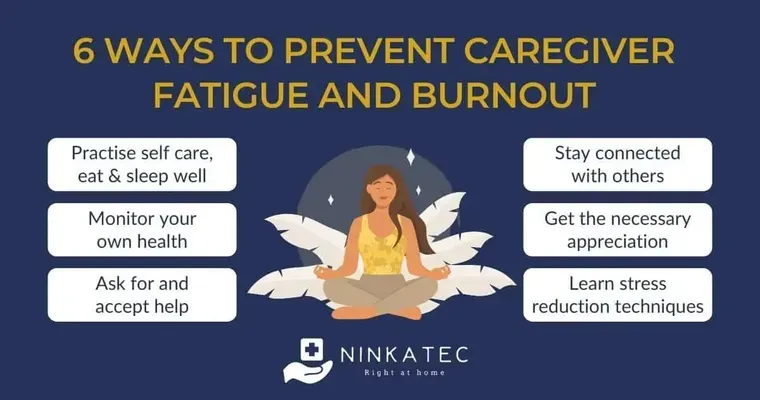"Respite care" is a vital service designed to provide temporary relief to primary caregivers who are responsible for individuals with disabilities, chronic illnesses, or age-related challenges. This type of care allows caregivers to take a much-needed break while ensuring that their loved ones continue to receive the attention and support they need. Understanding the various aspects of "respite care", including its benefits, types, and how to access these services, is essential for anyone involved in caregiving.
Understanding Respite Care
At its core, "respite care" refers to short-term, temporary care provided to individuals who require assistance due to health-related issues. It can be offered in various settings, including at home, in a daycare facility, or within a residential care environment. The primary goal of respite care is to give primary caregivers a chance to recharge, attend to personal matters, or simply take a break from their caregiving responsibilities.
Types of Respite Care
There are several types of "respite care" available, each catering to different needs:
1. "In-Home Respite Care": Caregivers can hire professionals to come into their home and provide care for their loved ones. This option allows the individual to stay in a familiar environment while receiving the necessary support.
2. "Out-of-Home Respite Care": This includes adult day programs or temporary stays in residential facilities. Out-of-home respite care is beneficial for caregivers who need an extended break or who may be unable to provide care for a short period.
3. "Emergency Respite Care": Situations can arise unexpectedly, and emergency respite care provides immediate support for caregivers during crises or emergencies. This type of care can help ensure that individuals continue to receive the necessary assistance when their primary caregiver is unavailable.
The Benefits of Respite Care
"Respite care" offers numerous benefits not only to caregivers but also to the individuals receiving care. Some of the key advantages include:
"Reduced Stress": Caregiving can be emotionally and physically exhausting. Respite care allows caregivers to take time for themselves, reducing stress and preventing burnout.
"Improved Quality of Care": Caregivers who take breaks are often more focused and energetic when they return to their responsibilities, leading to better care for their loved ones.
"Social Interaction": For individuals receiving respite care, this service provides opportunities for socialization and engagement with others, which can improve their overall well-being.
"Personal Time": Caregivers can use respite care to attend to personal matters, pursue hobbies, or simply relax, which is essential for maintaining their health.
How to Access Respite Care
Finding and accessing "respite care" services can be a straightforward process. Here are some steps to consider:
1. "Assess Your Needs": Determine what type of respite care would be most beneficial for you and your loved one. Consider the duration, location, and specific care requirements.
2. "Research Local Services": Look for local organizations, agencies, or facilities that offer respite care services. Many communities have resources dedicated to supporting caregivers.
3. "Consult with Healthcare Professionals": Speak with doctors, social workers, or other healthcare providers for recommendations on reputable respite care options.
4. "Plan Ahead": If possible, schedule respite care in advance to ensure availability and to allow for a smooth transition for both the caregiver and the individual receiving care.
Conclusion
"Respite care" is an invaluable resource for caregivers, providing essential relief and support. By understanding what respite care entails, its various types, benefits, and how to access these services, caregivers can make informed decisions that enhance their well-being and that of their loved ones. Taking the time to explore respite care options can lead to a healthier balance in the caregiving experience, ultimately benefiting everyone involved.





